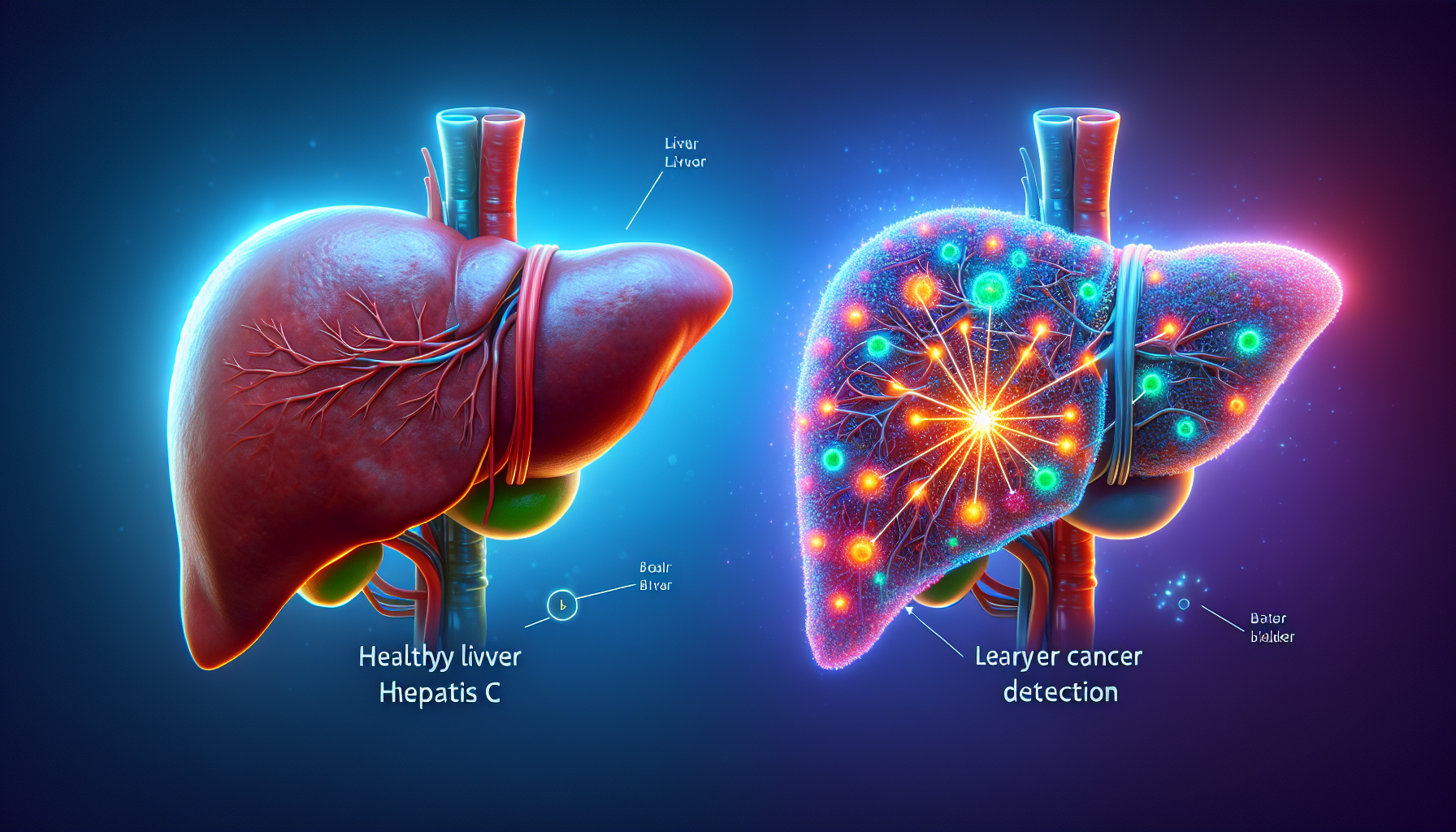New Hope for Ovarian Cancer Screening in Postmenopausal Women
Key Takeaways
- Mercy BioAnalytics received FDA's Breakthrough Device Designation for its ovarian cancer test.
- The Mercy Halo test is highly effective in detecting early-stage ovarian cancer.
- This innovation promises better screening for the 63 million postmenopausal women in the U.S.
Did You Know?
Introduction to Mercy Halo Ovarian Cancer Test
Mercy BioAnalytics, a leader in the field of extracellular vesicle-based liquid biopsies, has achieved a major milestone by receiving Breakthrough Device Designation from the U.S. Food and Drug Administration (FDA) for its Mercy Halo™ Ovarian Cancer Screening Test. This innovative test has been specifically developed for asymptomatic, postmenopausal women, aiming to provide a more effective method for early detection of ovarian cancer.
The Importance of Early Detection
Ovarian cancer remains one of the leading causes of cancer-related deaths among women, with nearly 13,000 fatalities expected in the United States this year alone. Detecting this disease at an early stage is crucial since over 70% of ovarian cancer cases are diagnosed in women over the age of 50 and about 80% are found at advanced stages, where treatment options are limited and survival rates are lower.
The Breakthrough Device Program
The FDA's Breakthrough Devices Program is designed to speed up the development and review process for medical devices and tests that promise to be more effective at diagnosing or treating life-threatening diseases. The designation helps patients gain quicker access to groundbreaking technologies like Mercy Halo.
Mercy Halo's Performance in Clinical Trials
Mercy BioAnalytics will present data from its landmark study at the upcoming ASCO (American Society of Clinical Oncology) meeting. This study, part of the UK Collaborative Trial of Ovarian Cancer Screening (UKCTOCS), involved over 200,000 women. Mercy Halo analyzed blood samples from over 1,300 participants and demonstrated superior performance compared to the traditional CA125 test in detecting high-grade serous ovarian cancer.
Key Findings
The study revealed that the Mercy Halo test had an 82% sensitivity rate in identifying high-grade serous ovarian cancer, compared to 63% for the CA125 test. Additionally, the test showcased a specificity of 98%, higher than the 96% specificity of the CA125 test. This means the Mercy Halo test not only identified more cancer cases but also significantly reduced the number of false-positive results.
How the Mercy Halo Test Works
The Mercy Halo test detects multiple cancer-related biomarkers on the surface of extracellular vesicles, which are abundant in circulation. This allows the test to be conducted using a small volume of serum or plasma with a simple qPCR-based method, unlike cell-free DNA-based tests that generally require larger blood volumes and next-generation sequencing.
Implications for Postmenopausal Women
The Breakthrough Device Designation is a significant step towards providing the 63 million postmenopausal women in the U.S. with an effective screening tool for ovarian cancer. Early detection can lead to more successful treatments and improved survival rates.
Mercy BioAnalytics' Mission
Mercy BioAnalytics aims to relieve suffering and save lives through early cancer detection. The Mercy Halo platform utilizes innovative biomarker co-localization techniques to identify early-stage cancers. Their initial focus is on ovarian and lung cancers, with plans to expand to other forms of cancer in the future.
Why Early Detection Matters
Early-stage cancer is often more treatable and can significantly improve the quality of life for patients and their families. The Mercy Halo test is designed to detect cancer at Stage I, when treatments are most effective.
Looking Ahead
The recognition of Mercy Halo as a Breakthrough Device by the FDA marks a promising development in the fight against ovarian cancer. Further advancements and studies will continue to refine and validate this test, bringing hope to millions of women around the world.
References
- FDA - Breakthrough Devices Programhttps://www.fda.gov/medical-devices/device-advice-comprehensive-regulatory-assistance/breakthrough-devices-program
- ASCO Annual Meetinghttps://www.asco.org/meetings
- UKCTOCS Trialhttps://www.ncbi.nlm.nih.gov/pmc/articles/PMC6206888/






